You can smell my oil furnace suddenly!? :(
tipoftheislandgirl
17 years ago
Featured Answer
Sort by:Oldest
Comments (23)
daft_punk
17 years agokalining
17 years agoRelated Professionals
Carpinteria Solar Energy Systems · Chanhassen Solar Energy Systems · Danville Solar Energy Systems · Herriman Solar Energy Systems · Madison Solar Energy Systems · Peabody Solar Energy Systems · Reedley Solar Energy Systems · Yucca Valley Solar Energy Systems · Coronado Home Automation & Home Media · Hanover Home Automation & Home Media · North Merrick Home Automation & Home Media · Ponte Vedra Beach Home Automation & Home Media · South Lake Tahoe Home Automation & Home Media · Wellesley Home Automation & Home Media · Atascocita Fireplacesberlin
17 years agobaymee
17 years agomr_havac
17 years agobaymee
17 years agomr_havac
17 years agoberlin
17 years agotipoftheislandgirl
17 years agotipoftheislandgirl
17 years agobaymee
17 years agodaft_punk
17 years agobaymee
17 years agoblacknumber1
17 years agotipoftheislandgirl
17 years agobaymee
17 years agomr_havac
17 years agoberlin
17 years agogravybt
15 years agobarrie_ontario
13 years ago84fiero123_excite_com
13 years agohisvectra69_googlemail_com
13 years ago
Related Stories

HOUSEKEEPINGCan-Do Cleaning Strategies for Busy People
While you dream of having a maid (to go with the cook and chauffer), this simplified cleaning routine can keep your real-world home tidy
Full Story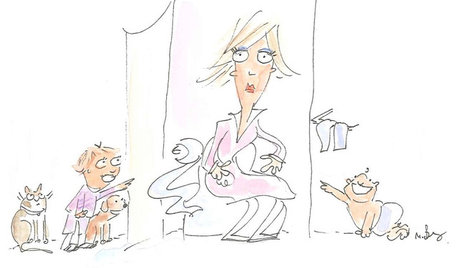
LIFE21 Things Only People Living With Kids Will Understand
Strange smells, crowded beds, ruined furniture — here’s what cohabiting with little monsters really feels like
Full Story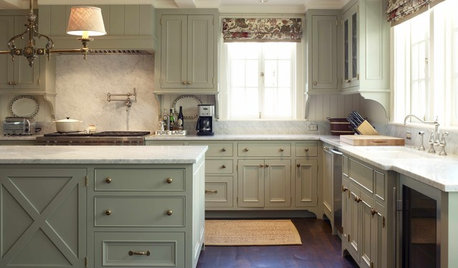
KITCHEN DESIGN9 Ways to Save on Your Kitchen Remodel
A designer shares key areas where you can economize — and still get the kitchen of your dreams
Full Story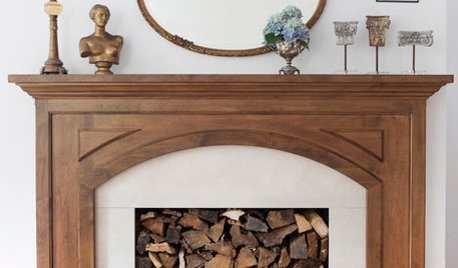
LIVING ROOMS8 Reasons to Nix Your Fireplace (Yes, for Real)
Dare you consider trading that 'coveted' design feature for something you'll actually use? This logic can help
Full Story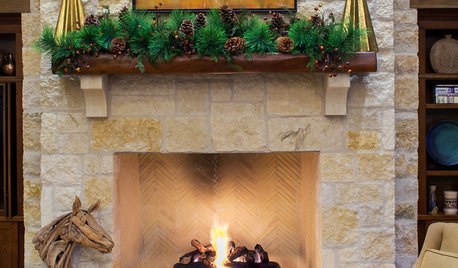
SELLING YOUR HOUSEHow to Decorate for the Holidays When Your Home Is for Sale
You can make your home appealing to potential buyers and still celebrate the season. Here are 7 tips to keep in mind
Full Story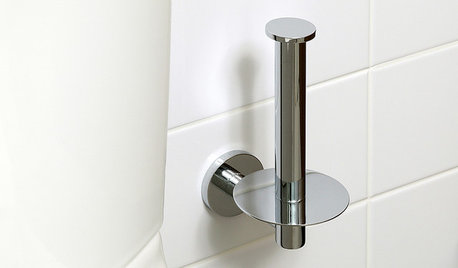
FUN HOUZZ14 Things You Need to Start Doing Now for Your Spouse’s Sake
You have no idea how annoying your habits at home can be. We’re here to tell you
Full Story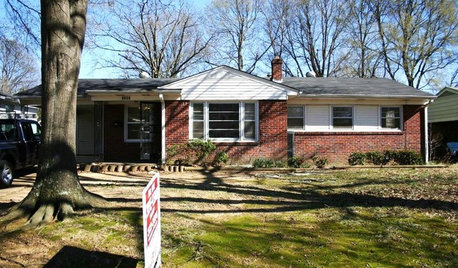
REMODELING GUIDES5 Ways to Protect Yourself When Buying a Fixer-Upper
Hidden hazards can derail your dream of scoring a great deal. Before you plunk down any cash, sit down with this
Full Story
HEALTHY HOME18 Ways to Allergy-Proof Your Home
If you're itching to reduce allergy symptoms, this mini guide to reducing allergens around the house can help
Full Story
SAVING WATER11 Ways to Save Water at Home
Whether you live in a drought-stricken area or just want to help preserve a precious resource, here are things you can do to use less water
Full Story
MOVINGHiring a Home Inspector? Ask These 10 Questions
How to make sure the pro who performs your home inspection is properly qualified and insured, so you can protect your big investment
Full Story





daft_punk